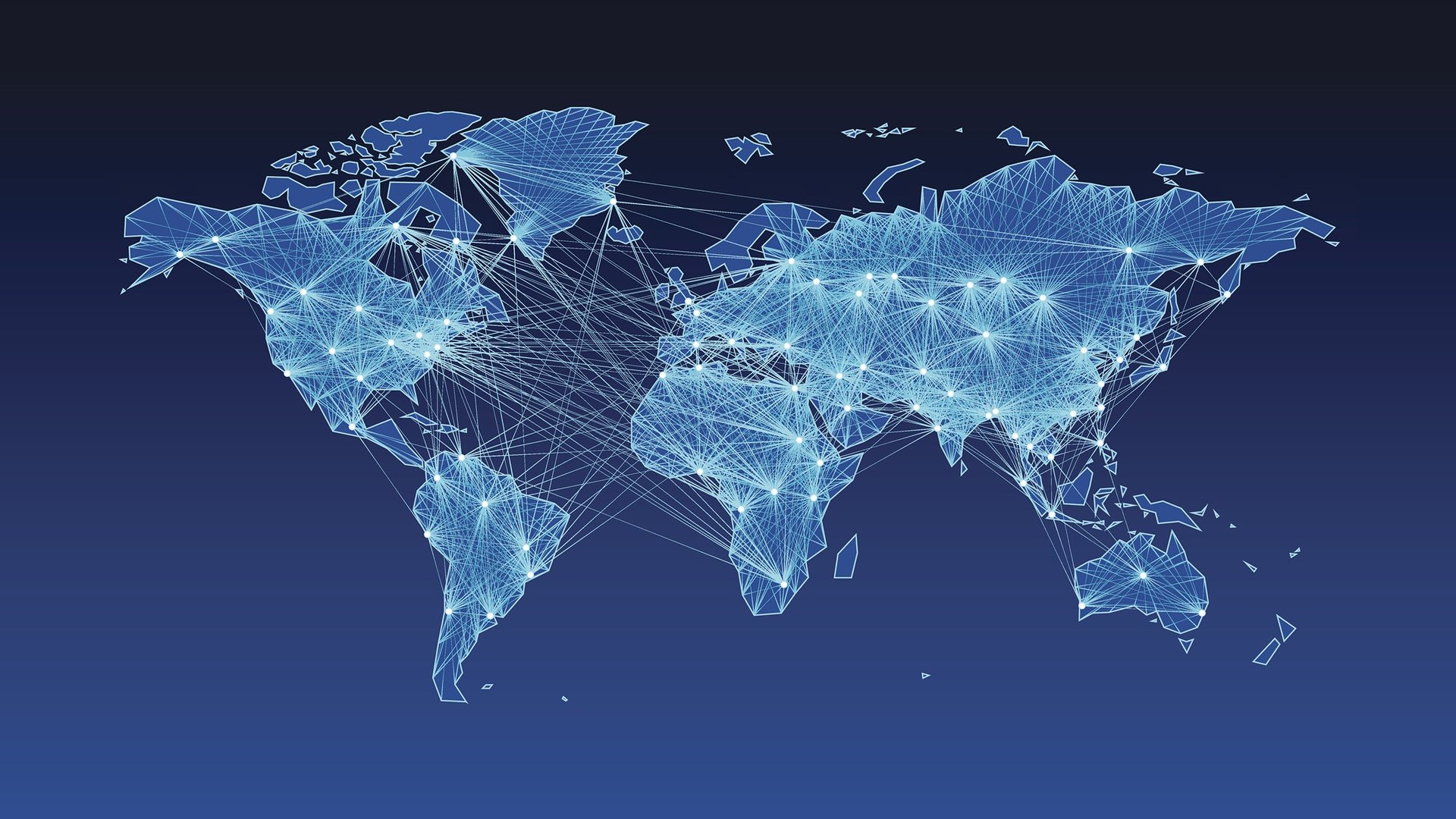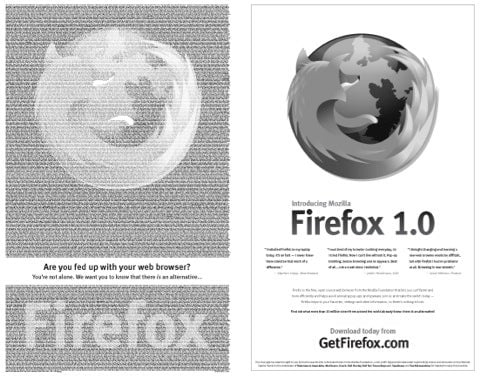The web is at risk of losing its hard won independence
Ten years ago today, Mozilla declared independence.


Ten years ago today, Mozilla declared independence.
We declared that we have the right to choose the tools with which we browse and build the web. The tools we use to create, talk, play and trade where and how we want. We chose to invent new tools, new ways of creating, of sharing, and new ways of living online. We did so in the face of monopolies and governments that insist the internet should serve their interests, not ours. When Mozilla launched Firefox on November 9, 2004, we declared independence as citizens of the web.

The launch of Firefox was not just the release of a browser. It was the beginning of a global campaign for choice and independence on the web. Over 10 million people had already joined this campaign by the time of the launch—and 10s of millions more would join in coming months. They would join by installing Firefox on their own computers then by helping their friends, families, and their coworkers do the same. People joined us because Firefox was a better browser, without question. But many also wanted to make a statement with their actions: a single company should not control the web.
By taking this action, the millions who spread the browser and ideas behind Firefox helped change the world. Remember back to 2004: Microsoft had become an empire and a monopoly that controlled everything from the operating system to the web browser. As a result, the technology behind the web became stale, innovation suffered, and in the interest of monetization, users were constantly assaulted by pop-up ads and virus threats. The web was in bad shape. And people had no choices. No recourse to make things better. Firefox fixed that. Independence and choice were the tools we used to bring the web back to life.
And alive the web is. For all 2.8 billion people on the web today, it has become an integral part of the way we live, learn, and love. And, for those who think about the technology, we’ve seen the web remain open and distributed—a place where anyone can play. Millions of businesses and trillions of dollars in new wealth have grown on the web as a result. If millions of people around the world had not taken a stand for independence and choice back in 2004, one wonders how much of the web we love would be around today?
Still, while the web has made our lives better, it faces new threats. We now see the growth of new empires—a handful of companies that control how we search, how we communicate and where we store our data. We see a tiny oligopoly in smartphones and app stores that put a choke hold on who can distribute apps and content—a far cry from the open distribution model of the web. We see increased surveillance of our lives both by advertisers and governments.
Today, the web is at risk of losing its hard won independence.
This is why—on the 10th anniversary of Firefox—I feel confident in saying that Mozilla is needed more than ever. The web needs great products that give people real choices. It needs places for those of us who care about their independence online to gather. And we need to guard the open nature of the web for the long haul. This is why Mozilla exists.
Just as we did 10 years ago, we can start to shift the tide again. Now is the time to deepen our collective commitment to a free and independent web—to stand together and start sharing that commitment with everyone around us. We truly are all citizens of the web.
Putting the web back on course as a force for openness and freedom will require small steps from all of us. Collectively, we have all helped moved mountains over the past 10 years through millions of small actions that eventually added up to a groundswell. As we look today for new ways to shore up our independence on the web, we will need to do this again.
To learn more about Mozilla’s mission and what you can do, join us at mozilla.org.
This article was produced by Mozilla and not by the Quartz editorial staff.